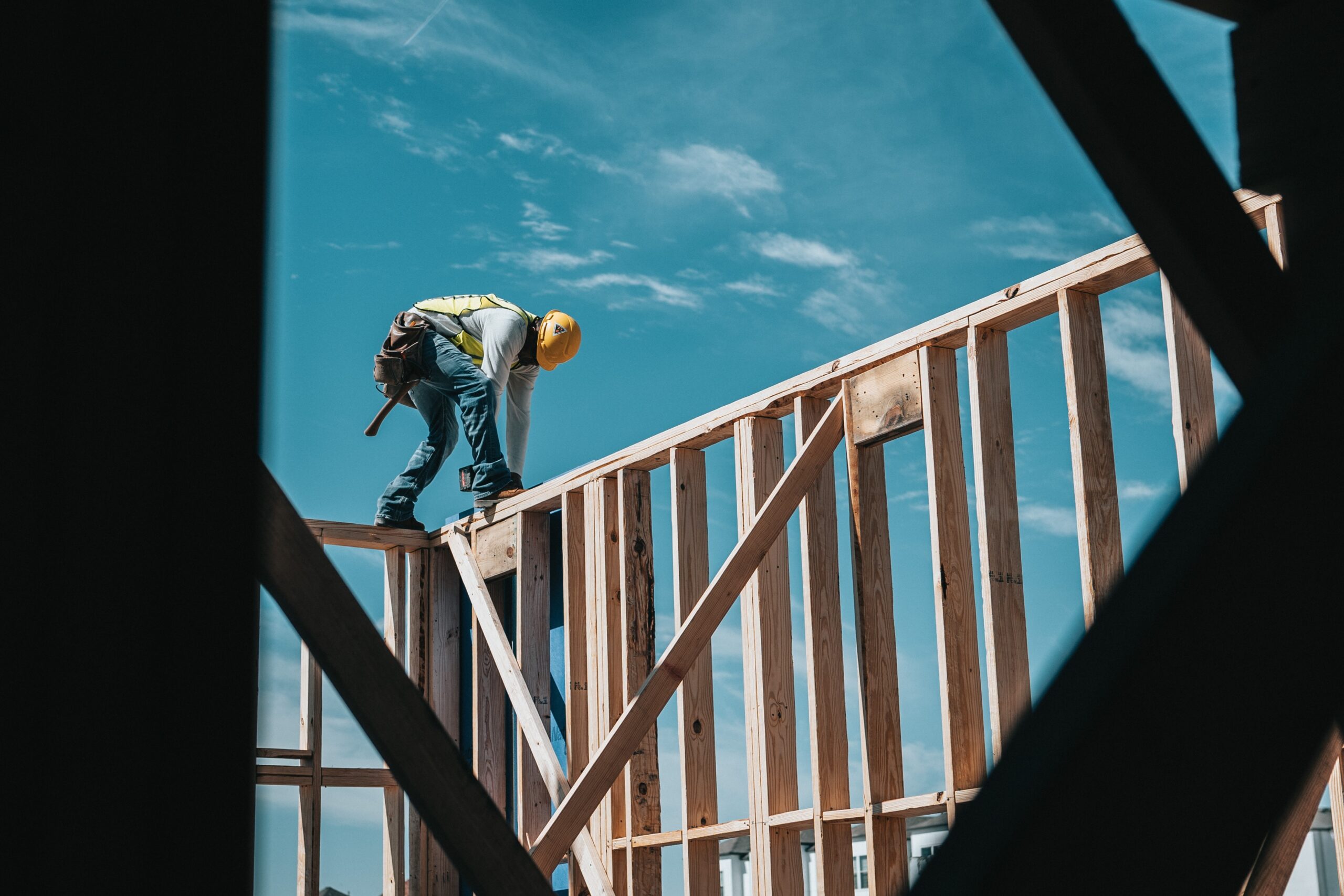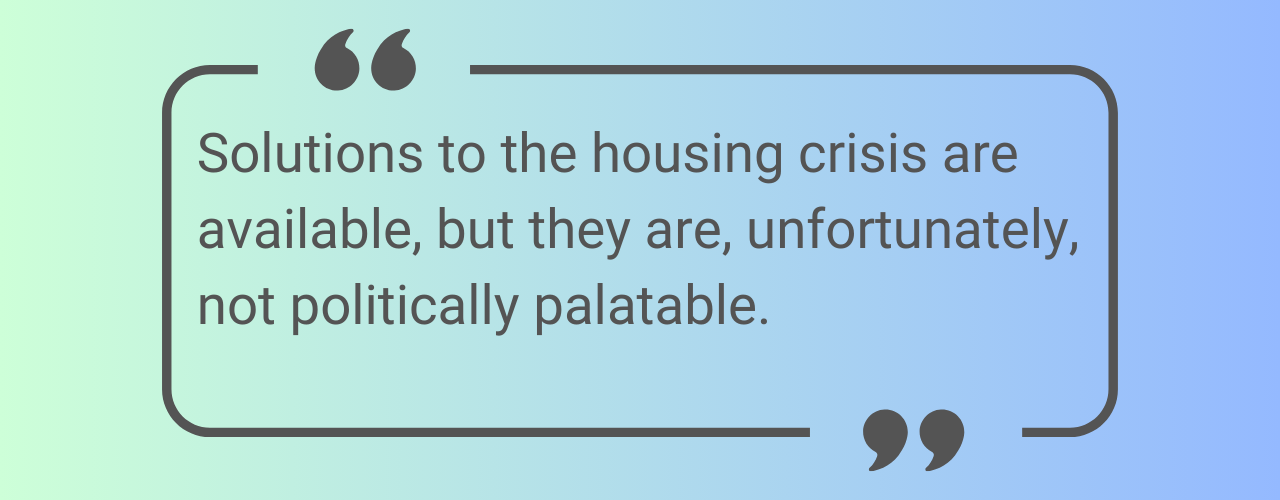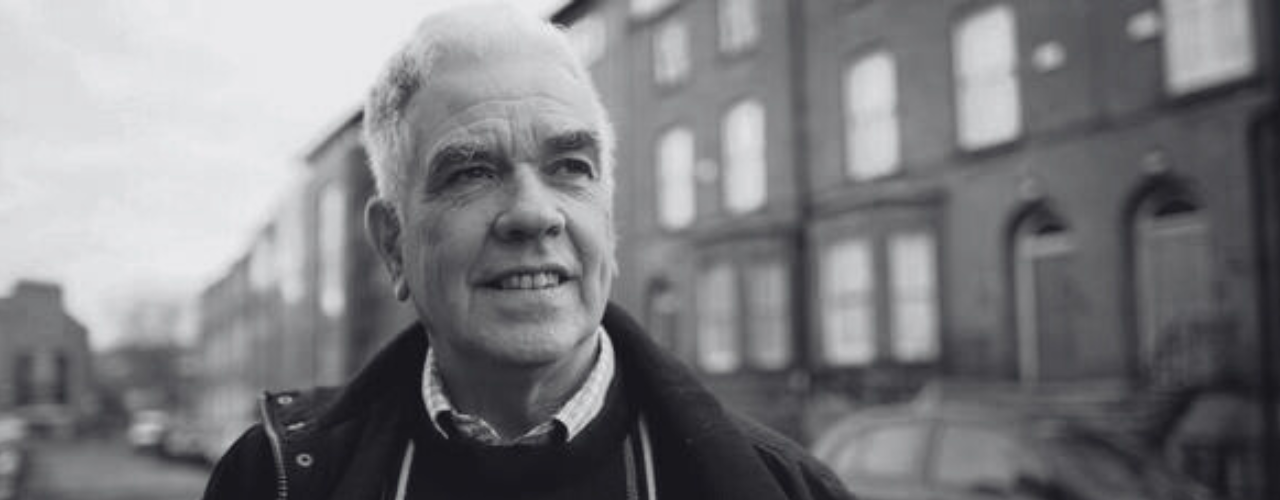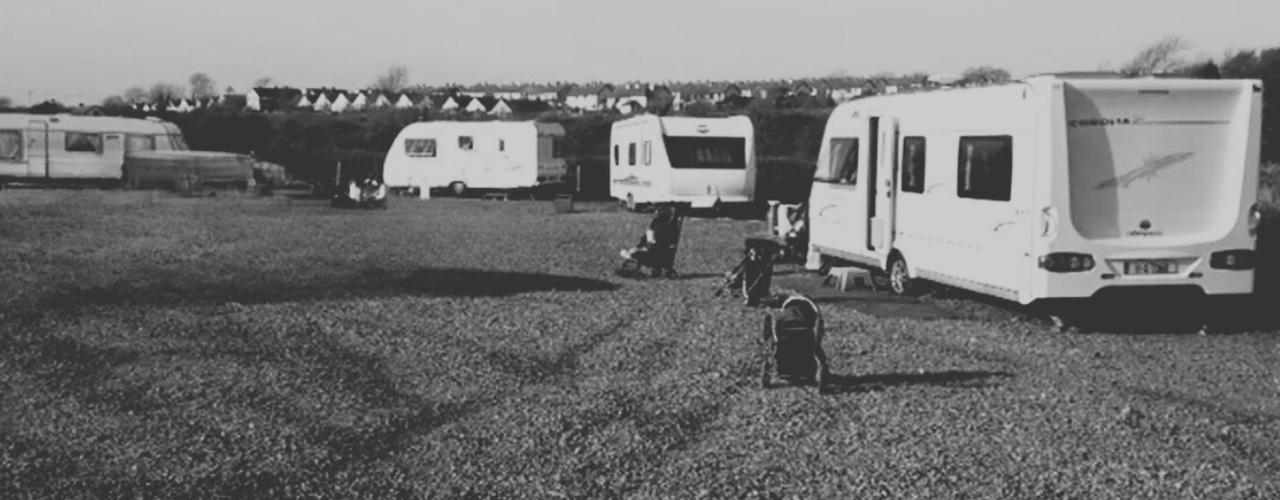
Homelessness Should Still Shock You
This week the housing charity Threshold published its 2022 annual report. I was struck, reading it, that the numbers involved in their work were terrifyingly large. Over 50,000 people needed to reach out to the charity in an effort to avoid homelessness. It was a stark reminder of how the homelessness crisis that Ireland has… Read more »










